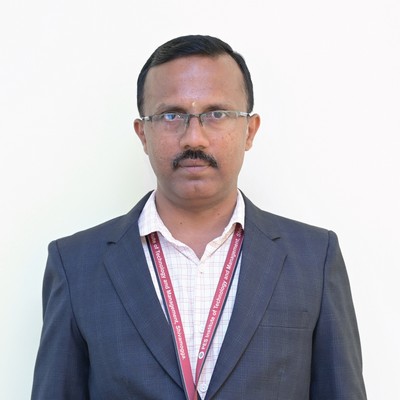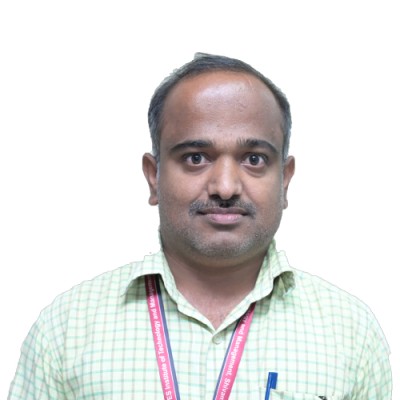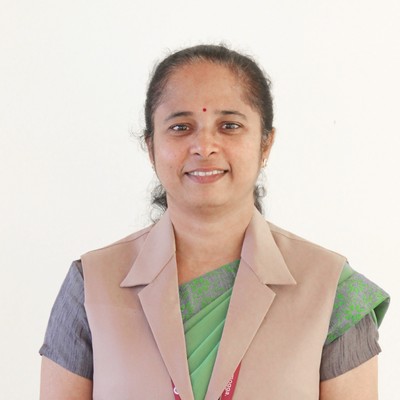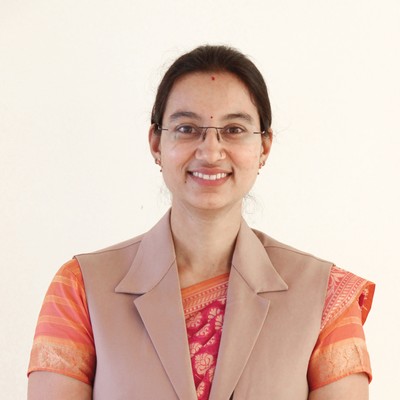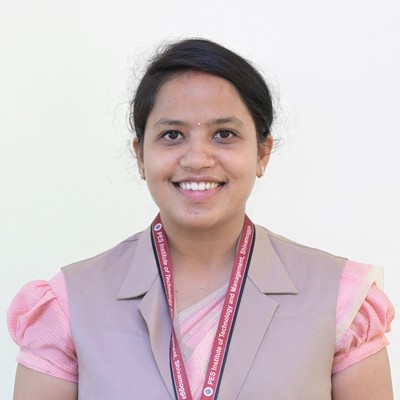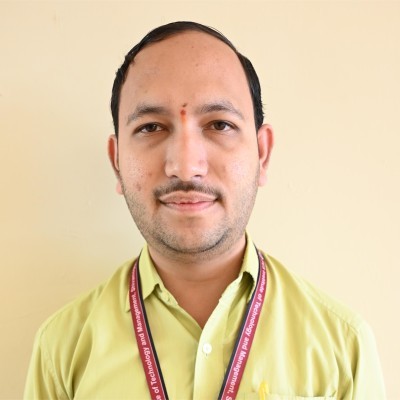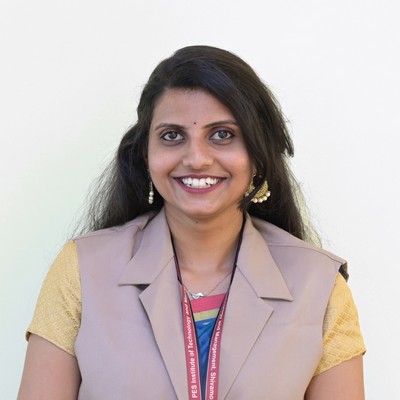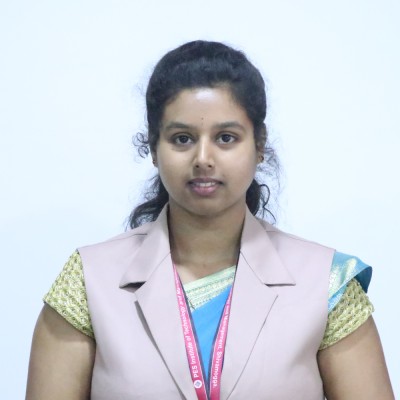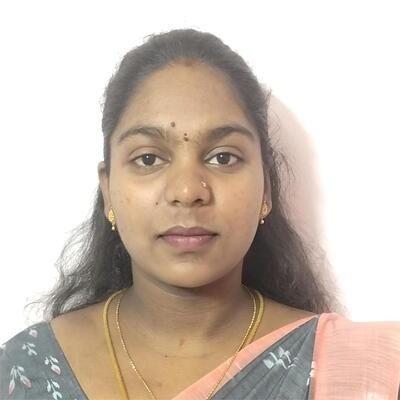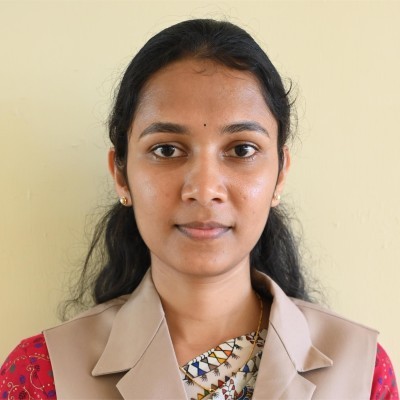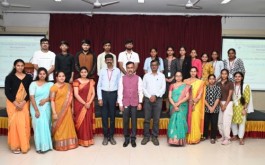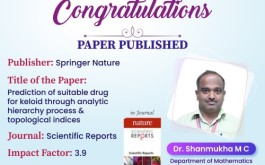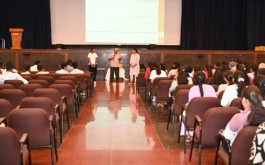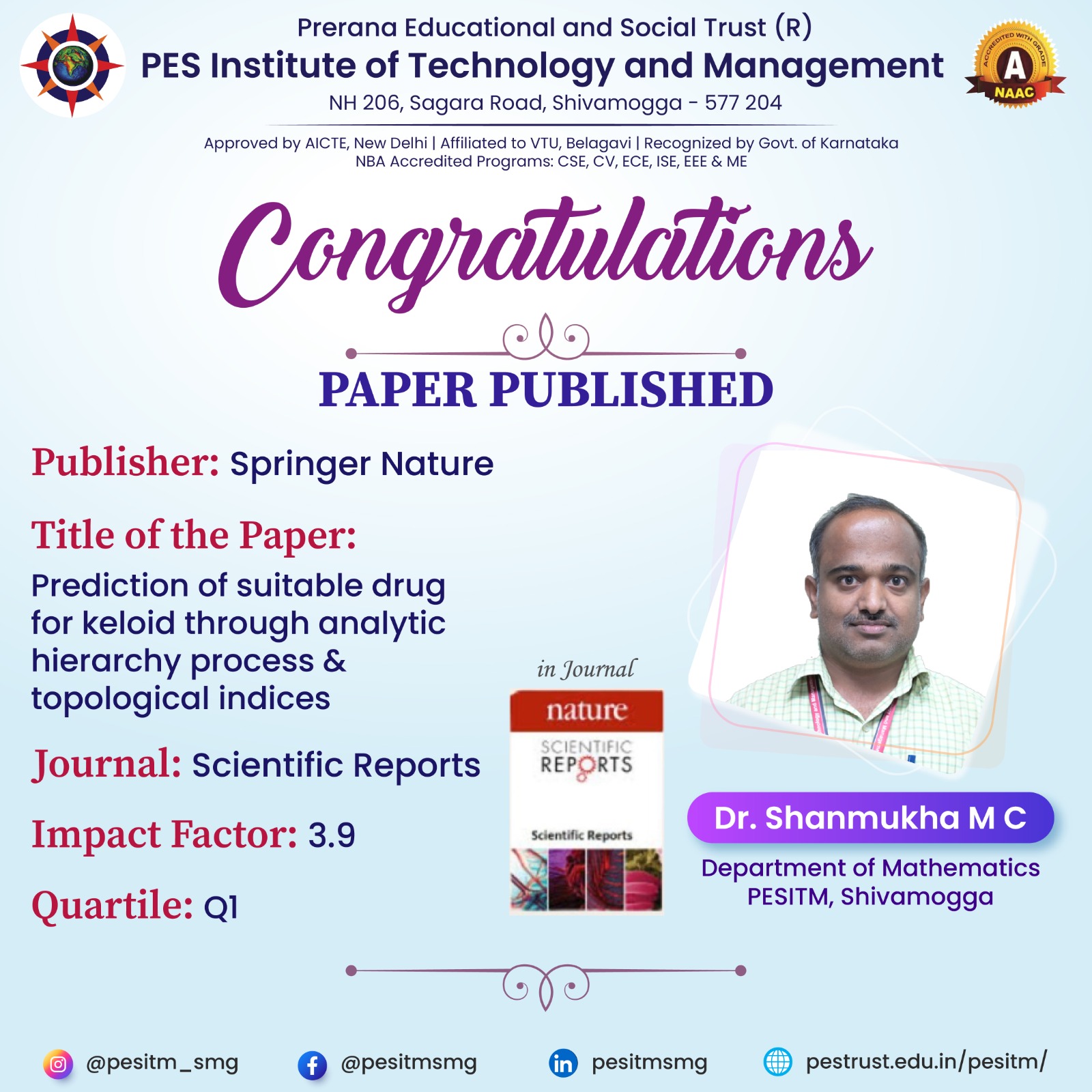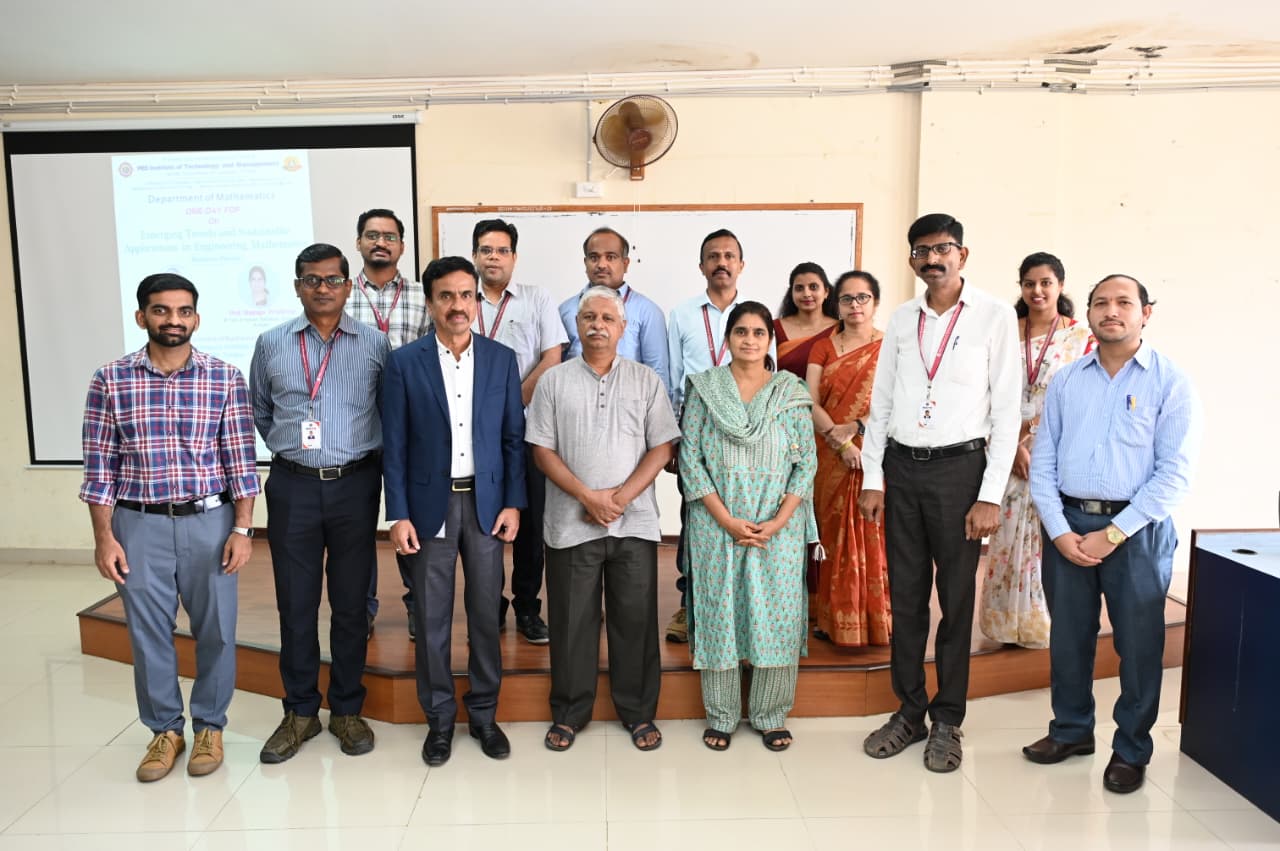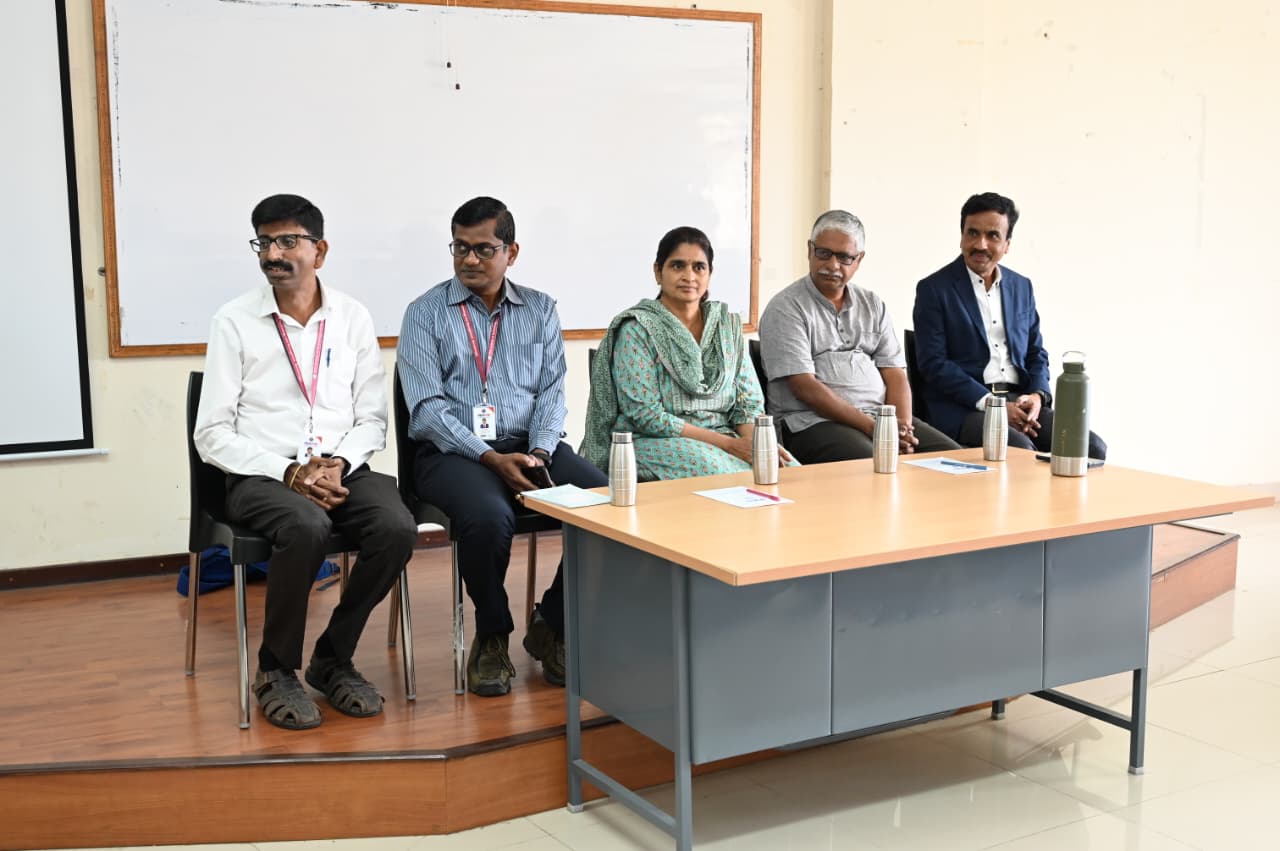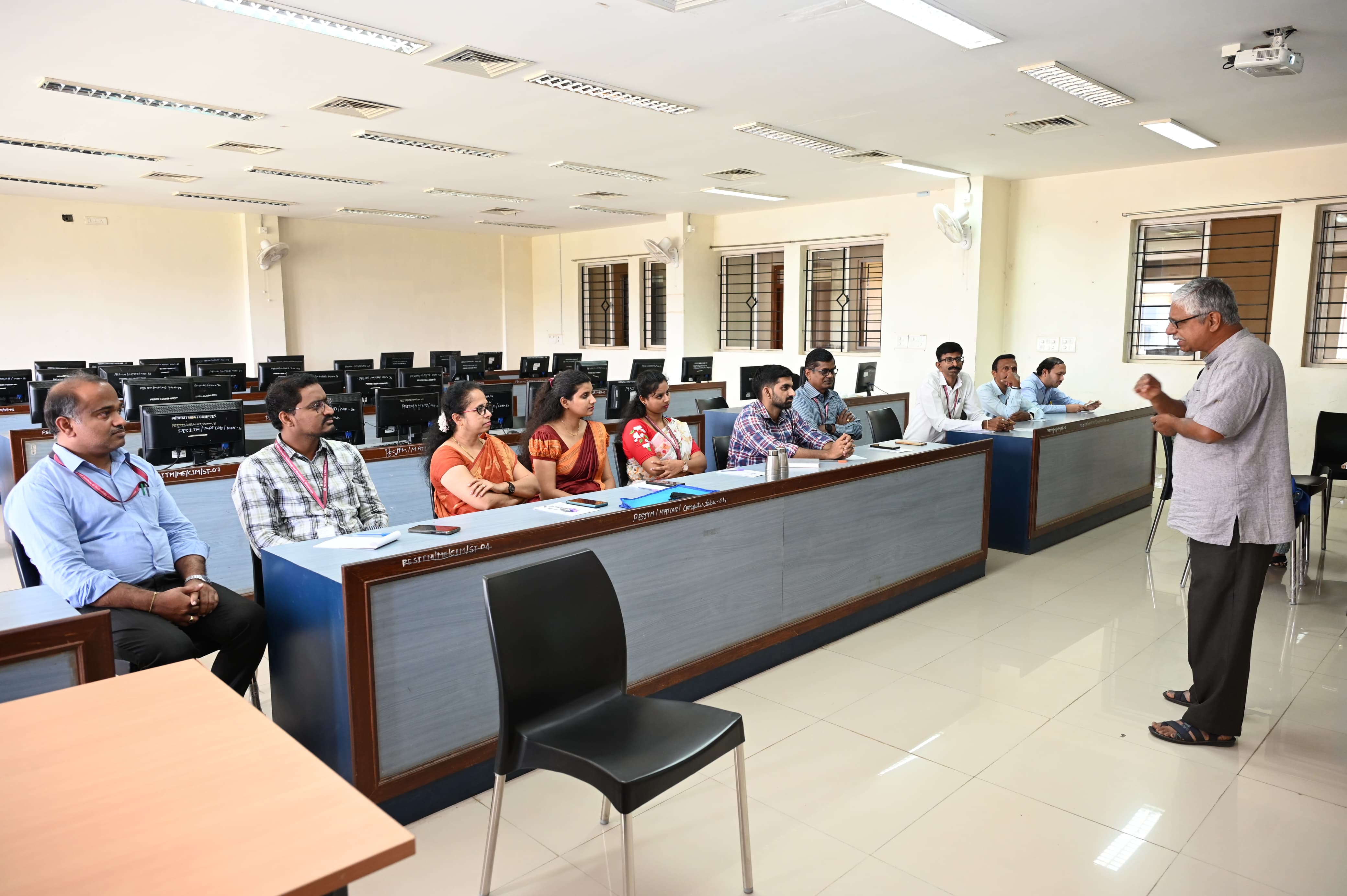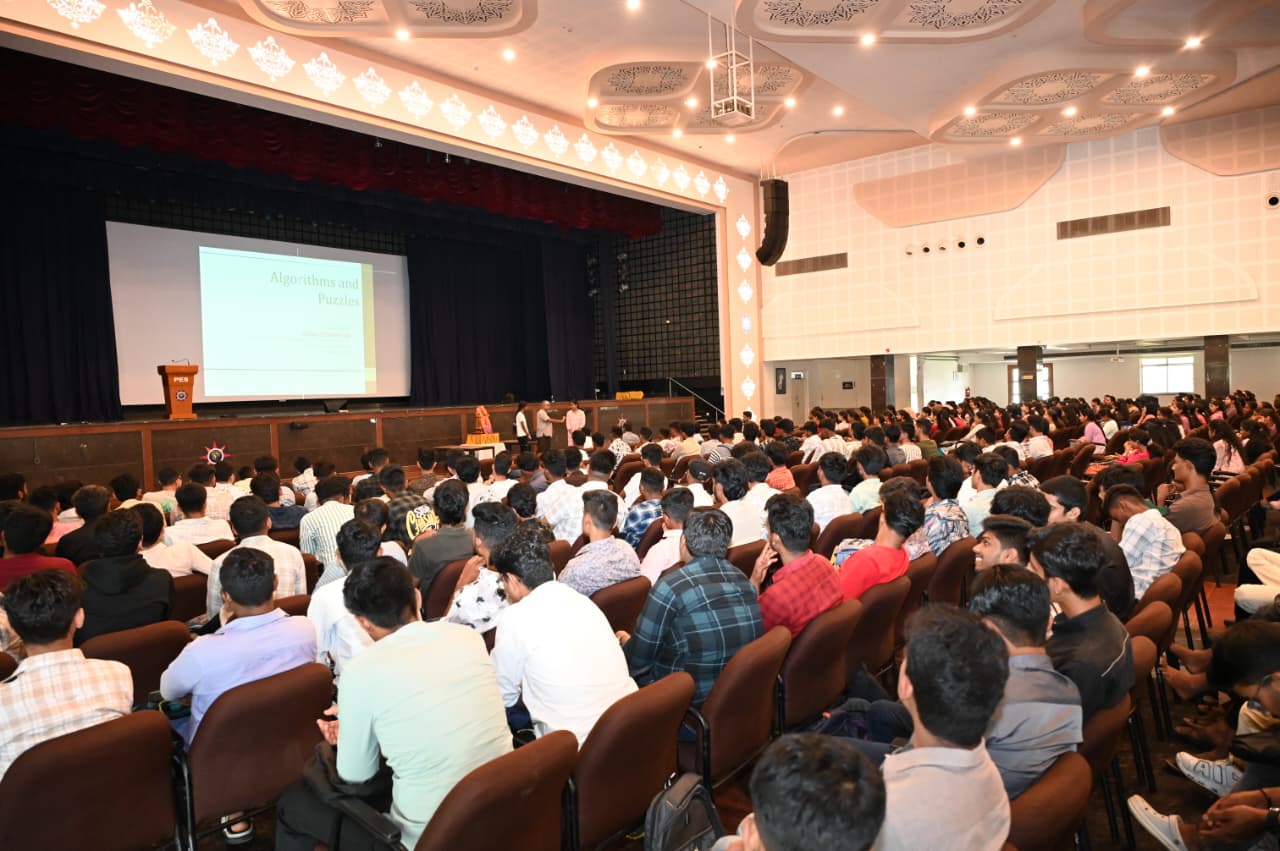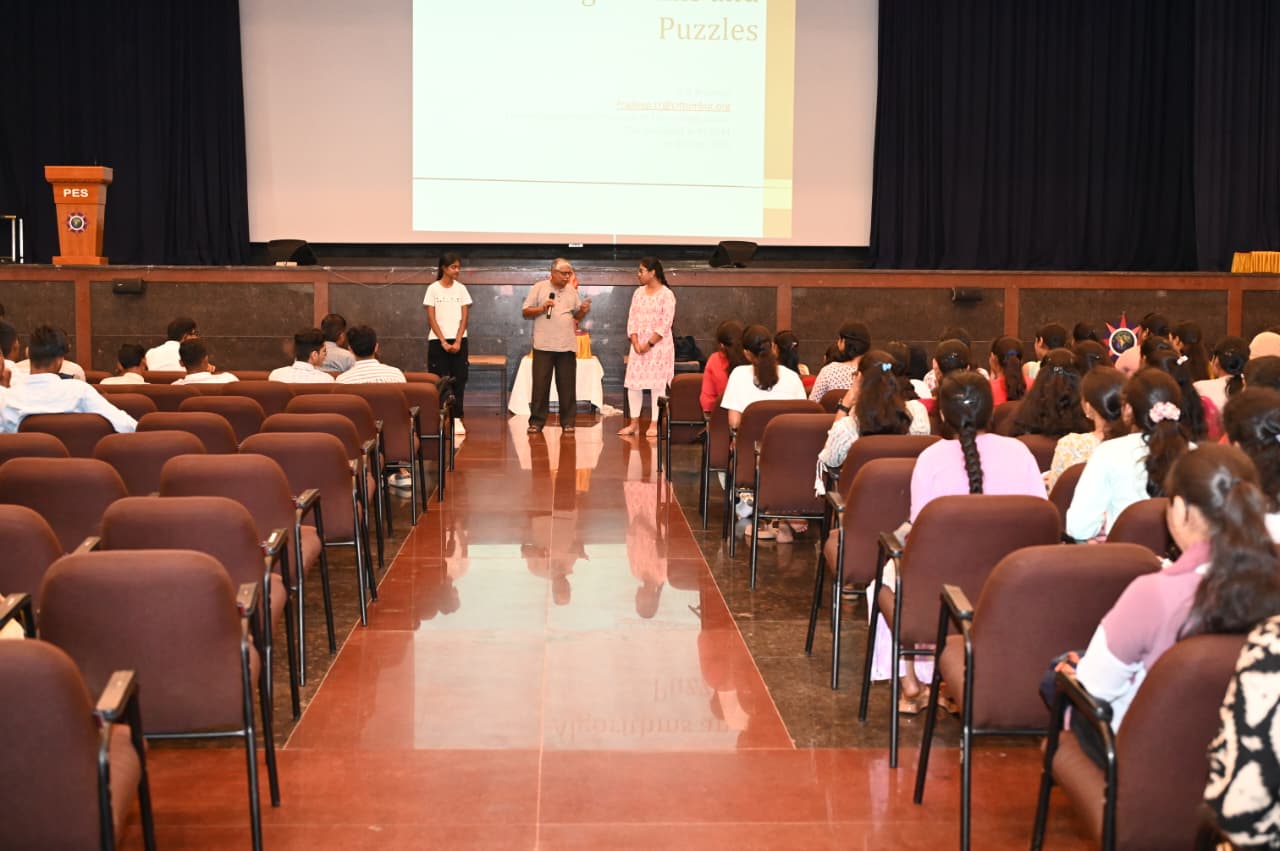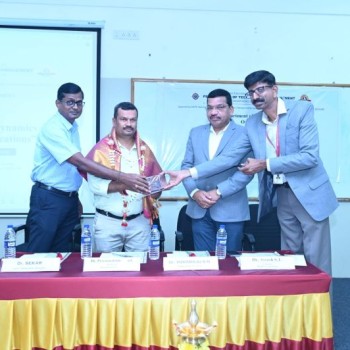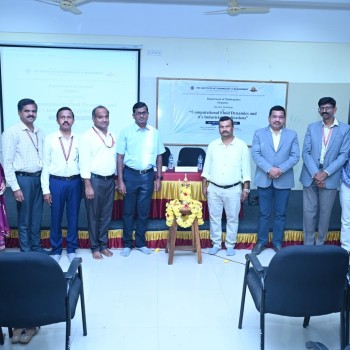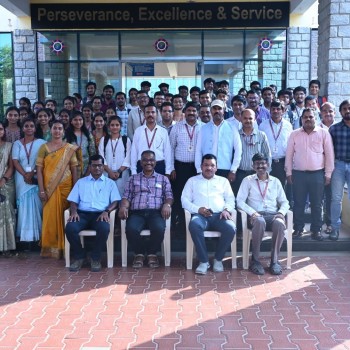The Department of Mathematics started since the inception of the Institute (i.e. in 2007). The Department wishes to focus on providing a comprehensive curriculum at undergraduate and postgraduate levels. The Department has a well-equipped lab and qualified, experienced and self-motivated faculty members. The Faculty members are involved in the research activities in the field of Graph Theory, Differential Geometry and Fluid Dynamics. The Department of Mathematics is recognized as a Research Centre under VTU.
- We have dedicated and well qualified faculty members.
- The Department has a recognized research center from Visvesvaraya Technological University, Belagavi.
- The Department has a well-established computer laboratory.
- Faculty members are publishing high quality research work in Peer reviewed Journals.
- The students are provided with Career Development Training, workshops, seminars, Student development activities.
MATHEMATICS-1 FOR CSE STREAM(BMATS101)
- Apply the knowledge of calculus to solve problems related to polar curves.
- Apply partial differentiation to calculate the rate of change of multivariate functions and solve problems related to composite functions and Jacobians.
- Demonstrate various physical models through linear and nonlinear ordinary differential equations analytically.
- Apply the knowledge of Modular Arithmetic for Cryptography, Encoding and Decoding and computer algorithms.
- Apply the elementary matrix theory to solve the system of linear equations.
MATHEMATICS-1 FOR CIVIL ENGG STREAM(BMATC101)
- Apply the knowledge of calculus to solve problems related to polar curves.
- Apply partial differentiation to calculate the rate of change of multivariate functions and solve problems related to composite functions and Jacobians.
- Demonstrate various physical models through linear and nonlinear ordinary differential equations analytically.
- Find solutions of Higher order linear differential Equations.
- Apply the elementary matrix theory to solve the system of linear equations.
MATHEMATICS-1 FOR EEE ENGG STREAM(BMATE101 )
- Apply the knowledge of calculus to solve problems related to polar curves.
- Apply partial differentiation to calculate the rate of change of multivariate functions and solve problems related to composite functions and Jacobians.
- Demonstrate various physical models through linear and nonlinear ordinary differential equations analytically.
- Define the concept of multiple integrals to evaluate area, and volume and to solve problems on improper integrals
- Apply the elementary matrix theory to solve the system of linear equations.
MATHEMATICS-1 FOR ME ENGG STREAM(BMATM101 )
- Apply the knowledge of calculus to solve problems related to polar curves.
- Apply partial differentiation to calculate the rate of change of multivariate functions and solve problems related to composite functions and Jacobians.
- Demonstrate various physical models through linear and nonlinear ordinary differential equations analytically.
- Find solutions of Higher order linear differential Equations.
- Apply the elementary matrix theory to solve the system of linear equations.
Faculty
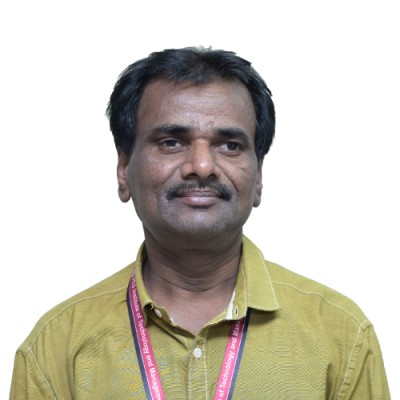
Mr.Shivashankar D
Attender
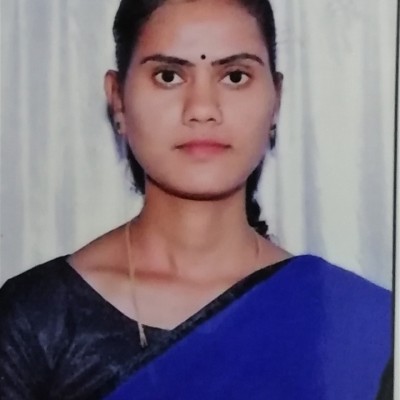
Mrs. Uma M S
Office Executive
Facilities / Labs
Details of the Equipment:-
The lab consists of 65 good configuration computers with the specifications of Computers: Acer Intel(R) Core (TM) i5-9400 CPU @ 2.90GHz, RAM 8.00 GB (7.82 GB usable), 1TB HDD,64-bit operating system, x64-based processor, Windows 10 Pro.
Windows-7 64-bit Operating system has been installed for all systems as per requirement.
Lab InCharge:- Ms. Meghana G, Assistant Professor.
Supporting Staff:- Ms. Preethi J, Lab Instructor.
Research
Major areas of research are Algebra, Differential Geometry and Fluid Dynamics.
Dr. Aveesh S.T
| SI. No | University | Student | Research Area | Status |
| 1 | VTU, Belagavi | Mr. Deepak S, Department of Mathematics, Alva’s PG Center, Moodbidri. |
The Study of Applications in Finsler Geometry | Final Synopsis submitted |
| 2 | VTU, Belagavi | Mrs. Akshatha, Department of Mathematics, Degree College, Chikmagalur. |
Differential Geometry | Course work Exam attending |
| 3 | VTU, Belagavi | Mrs. Sathish, Department of Mathematics, Degree College, Davanagere |
Differential Geometry | Course work Exam attending |
DR. SHANMUKHA M C
| SI. No | University | Student | Research Area | Status |
| 1 | VTU, Belagavi | Mr. Kirana B | Graph Theory | Comprehensive Viva-Voce Completed |
| 2 | VTU, Belagavi | Mr. Kiran Patil | Graph Theory | Course work Exam attending |
| Project Title | Funding Agency | Total Grant | Project Period | Status |
| “Medical Image Analysis using Riemann and Finsler Geometry” | VGST, Department of IT, BT and S&T, Government of Karnataka. | Rs. 4.00 Lakhs | 2015-2016 | Completed |
Department Achievements
Academic Year 2022-23
| 1 | First-year students participated in VTU Youth Fest & won the prizes. |
Academic Year 2022-23
| 1 | One of the faculty members, Dr. Umeshaiah M has been awarded a Doctoral degree (Ph. D). Dr Umeshaiah M and Dr Soumya D O received a guideship from VTU Belgavi. |
News and Events
Contact Us
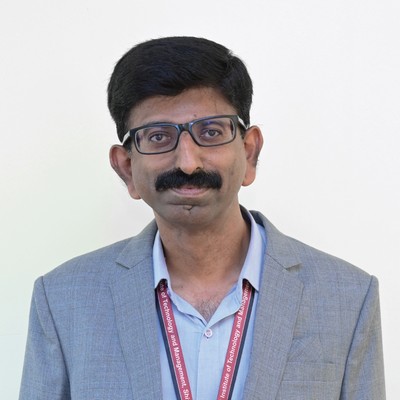
Dr. Aveesh S.T
Professor & Head of the Department,
Mathematics
PES Institute of Technology and Management
NH 206, Sagar Road, Shivamogga – 577 204
Office: 8147053073
Email:
hodmat@pestrust.edu.in

